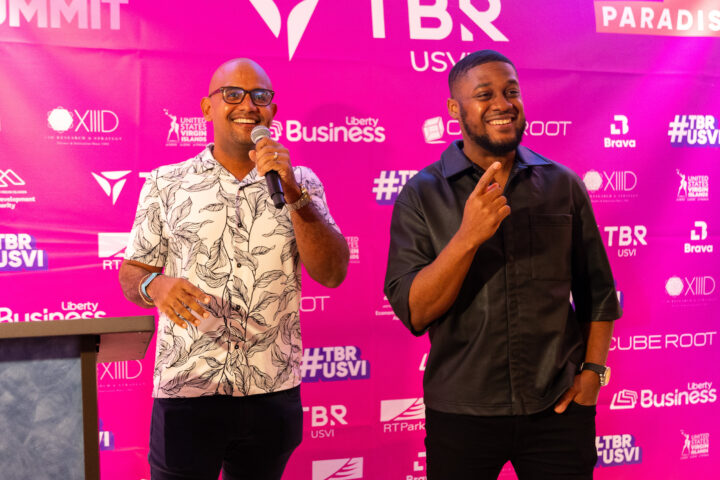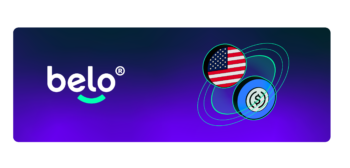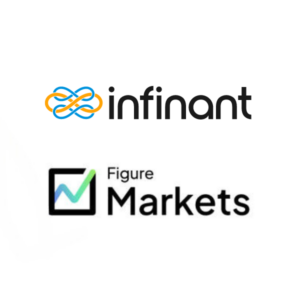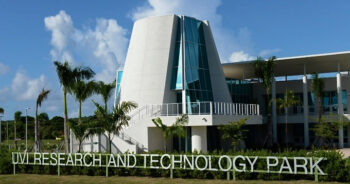Traditionally, tech has been an arena for the young, but Midwest companies are expanding into the senior market and developing technology to make life easier for them.
The assistive technology industry concerns itself with developing solutions to assist elderly citizens suffering with dementia and Alzheimer’s. A notable example includes a robotic harp seal that blinks and coos and acts as a therapeutic tool for dementia sufferers.
In the Midwest, there is a wealth of companies which are dedicated to making the lives of the older generation just a little bit more autonomous.
Aging2.0 is an innovative platform that has recently opened a chapter in Madison, Wisconsin. The platform focuses on bridging inter-generational gaps by opening the floor to innovation that takes care of the elderly.
Grand Care, based in West Bend, Wisconsin is a technology suite designed to reduce the costs and improve outcomes by enabling family members, caregivers, and healthcare professionals monitor and care for seniors remotely.
At the heart of the platform is a touchscreen which provides this monitoring, as well as medication prompts and easy communication. For the less tech-minded among our older generations, Grand Care’s unique selling point is the fact it requires no computer skills for the platform to be effective.
Grand Care shares similarities with Indiana’s LifeShare Technologies, which began using existing technology such as TV to facilitate improved connections between families and seniors. Its tech ecosystem consists of a top box and universal remote that works with any television. From this, seniors can receive and send e-mail to their families, search pictures and videos, and enjoy games, all from one location.
Another solution coming out of Wisconsin is ONKOL, based in Milwaukee. The company collects your loved ones’ information into a dashboard which can be accessed to assess both hard data, such as heart rate, weight, oxygen saturation, and soft data, like schedules and reminders.
Unlike a lot of hi-tech monitoring platforms, ONKOL does not need a wifi connection for this information to be processed. For example, say grandma is sticking to her guns that she didn’t need internet at her age, why would she now? ONKOL’s technology uses a cellular radio, so the information won’t get lost in the ether.
Also, Respect, a Chicago startup founded by Bruce Masterson, provides services such as companionship, transportation, and medication reminders among others. Currently, Respect’s services are available in Chicago and Milwaukee. Respect also offers the chance for multiple family members to split the cost of care, which can be done through the app, available on both iOS and Android.
The Midwest has previously established itself as a place for innovation and focusing on new ways to help the old guard is not an example of tech looking back, but using what it knows to look forward.









